Premise
Planning to visit our neighbor to the North? If you’ve never been there before you may assume Canada is just like the United States, but colder. In truth, there are a lot of differences and important things to know beyond just that Canadians love hockey a lot and where to get poutine.
Maybe you’re going to Toronto on business, visiting relatives in Winnipeg, or appraising houses for sale in Vancouver. Maybe you just want to have an adventure up in the Great White North. Whatever your reason, consider this your handy dandy Canada-y survival guide!
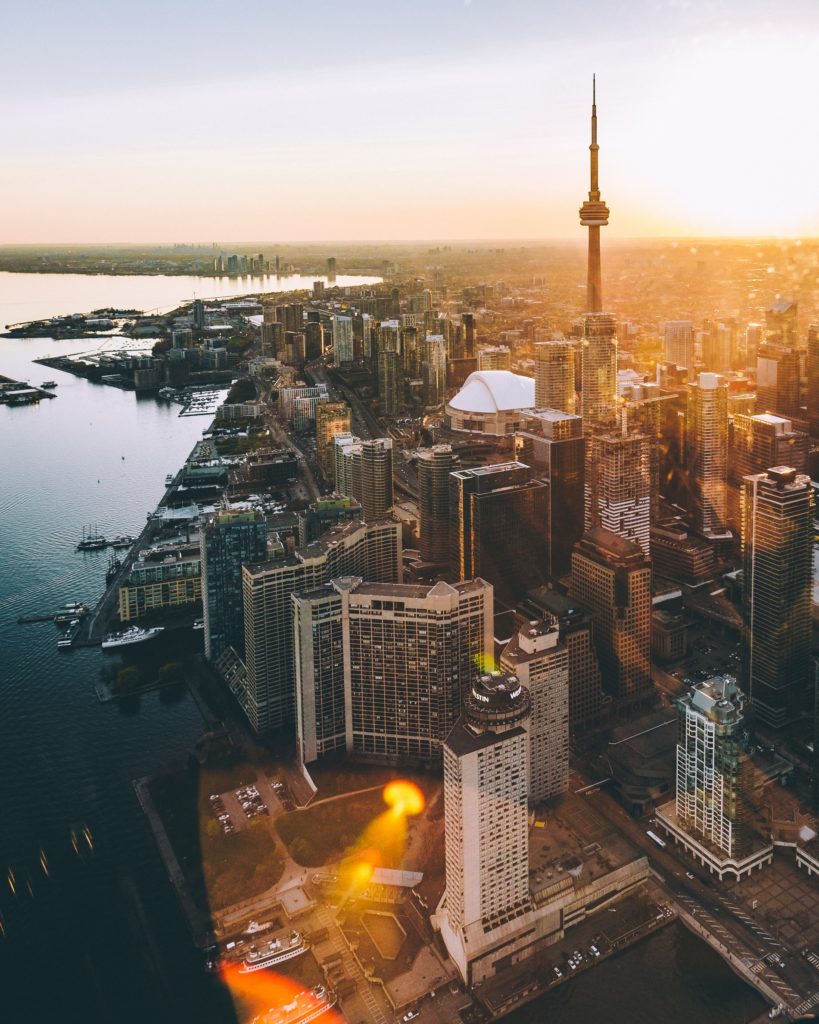
Just the facts, ma’am
Here’s some basic information everyone should know:
- Canada is made up of three territories (Northwest, Yukon, and Nunavut) and 10 provinces (Ontario, Quebec, Nova Scotia, New Brunswick, Manitoba, British Columbia, Prince Edward Island, Saskatchewan, Alberta, and Newfoundland-and-Labrador).
- Yes, Canada is generally colder than the U.S., but it’s not a winter wonderland year round. Each of Canada’s various regions has its own climate, some of which actually experience very hot summers and very mild winters.
- Canada is huge! In fact, it’s the largest country in the world after Russia, stretching across 3.8 million square miles and five major time zones.
- Despite its size, Canada has a surprisingly small population of just 36 million, roughly the same as that of California.
- Seriously, poutine is really, really good.
Papers, please
Luckily, if you’re traveling to Canada from the United States, all you need to provide is a form of identification and proof of your American citizenship, both of which can easily be taken care of with a passport, passport card, NEXUS card, or the one-two punch of a government-issued ID along with your birth certificate.
If that seems like a hassle, count yourself fortunate. Visitors from other countries are required to first get approved for an eTa (Electronic Travel Authorization) Visa, which costs a small fee. Of course, it’s all worth it to obtain entrance into the fabled kingdom of poutine.
Parlez-vous français?
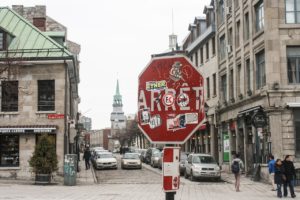
If you don’t know that the above sentence is asking “Do you speak French,” you’re going to have a slightly tricky time in Canada. As a dual language country, you’re as likely to encounter Canadians who speak French as you are ones who speak English, especially in the Quebec province. Fortunately, many French-speaking Canadians are used to this, and have at least a basic knowledge of English. Even when they don’t, someone who does is often nearby.
Also, virtually all businesses and attractions have signs posted in both English and France, so it’s rarely a problem. Still, it’s a good idea to have a French-to-English dictionary with you, and to learn how to say some important everyday phrases, like “I’ll have the poutine.”
Mo’ money, mo’ problems
Obviously, it’s important to keep track of the USD-to-CAD exchange rate. Just keep in mind, this can change by the week, the day, or even the hour.Other money-related matters to know about include the taxes of whatever areas you’re traveling to (they vary from province to province), the nicknames of Canadian coins (a $1 coin is called a “loonie” and a $2 coin is a “toonie”), and that Canada doesn’t use any kind of 1-cent piece.
Why is that last item important? Well, because businesses round up or down to the nearest five-center interval. This means that if you pay with a credit card, you will be charged the exact price of your purchase. If you pay with cash, though, you may actually end up paying a few cents more. Which is a few cents less for buying poutine.
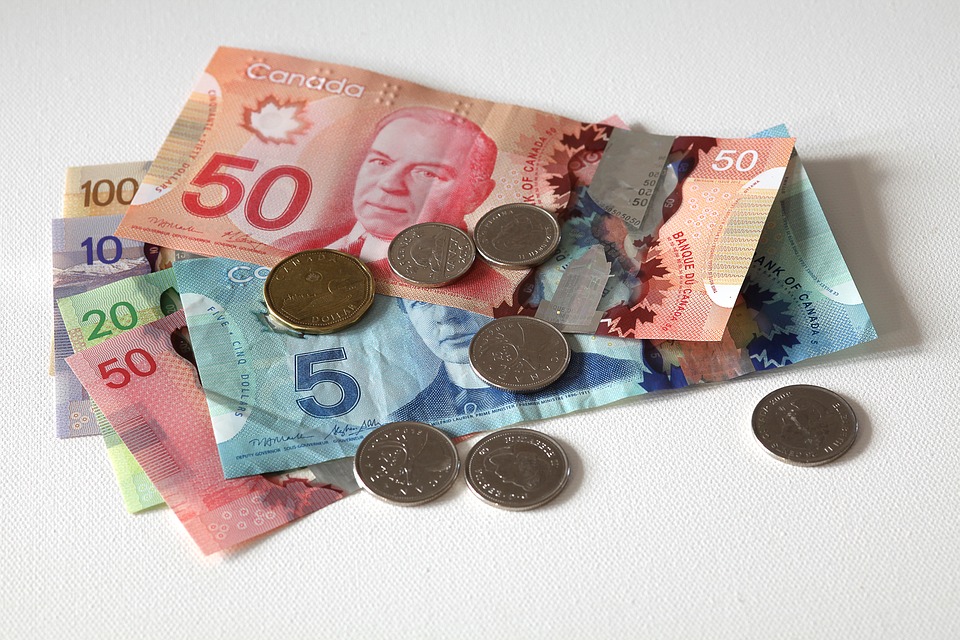
Featured Image from Unsplash. Disclaimer: This post may contain affiliate links which, should you click through and/or make a purchase, grant me a commission. Also, I only post in the best interest of my readers. Lastly, thank you for supporting my blog and my travels.
What do you think of my writing? Have any questions? Let me know in the comments, or reach me directly at TheHotelion@gmail.com! Like my posts? See more here, on TravelUpdate! Follow me on Facebook (The Hotelion) or on Twitter and Instagram: @TheHotelion


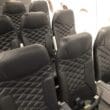

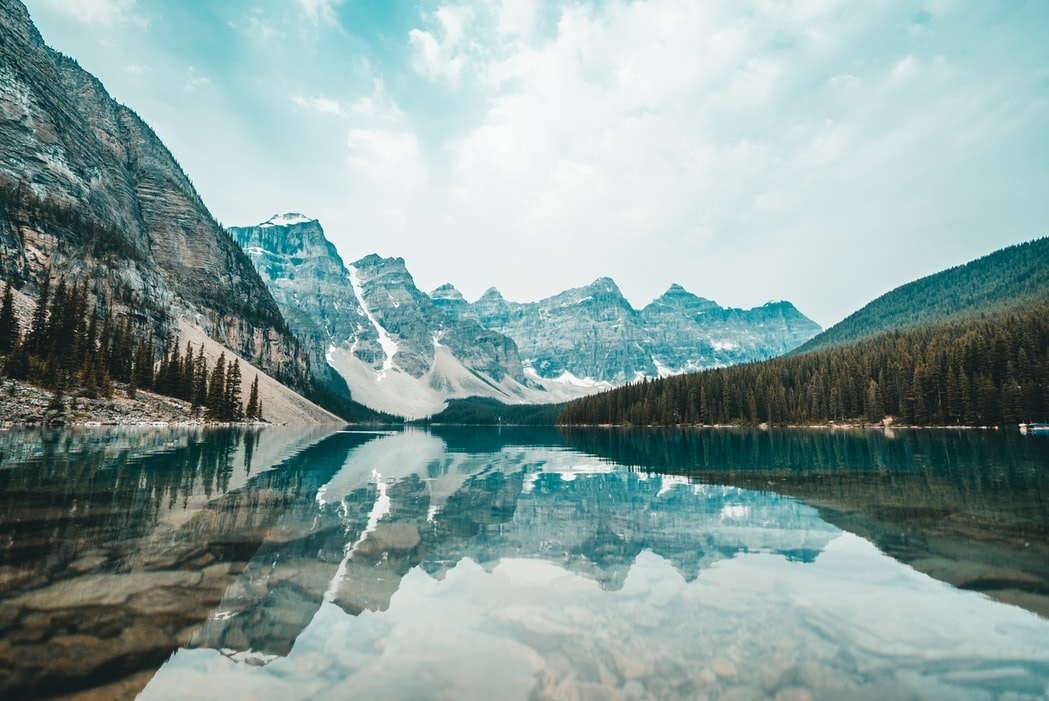

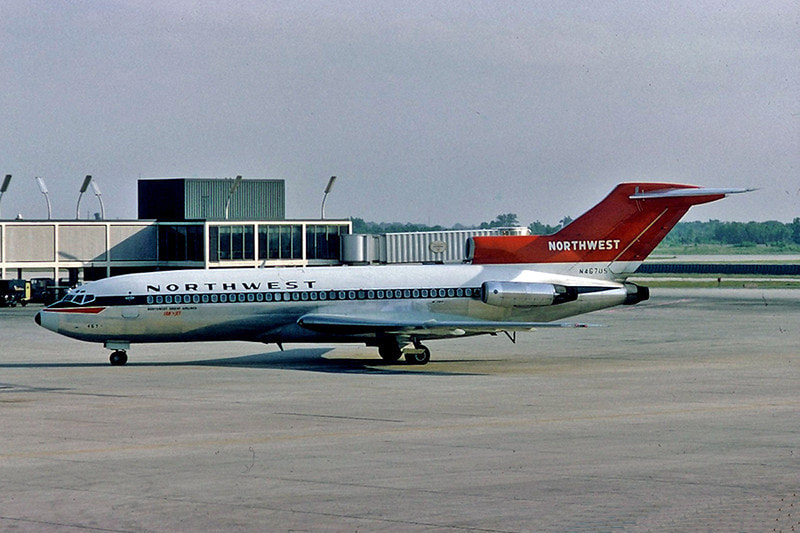

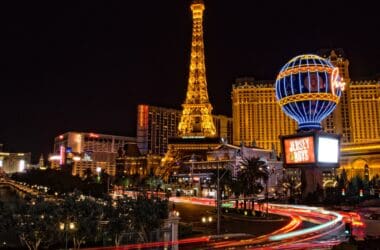
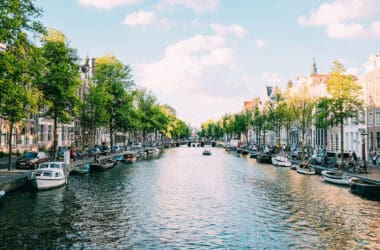


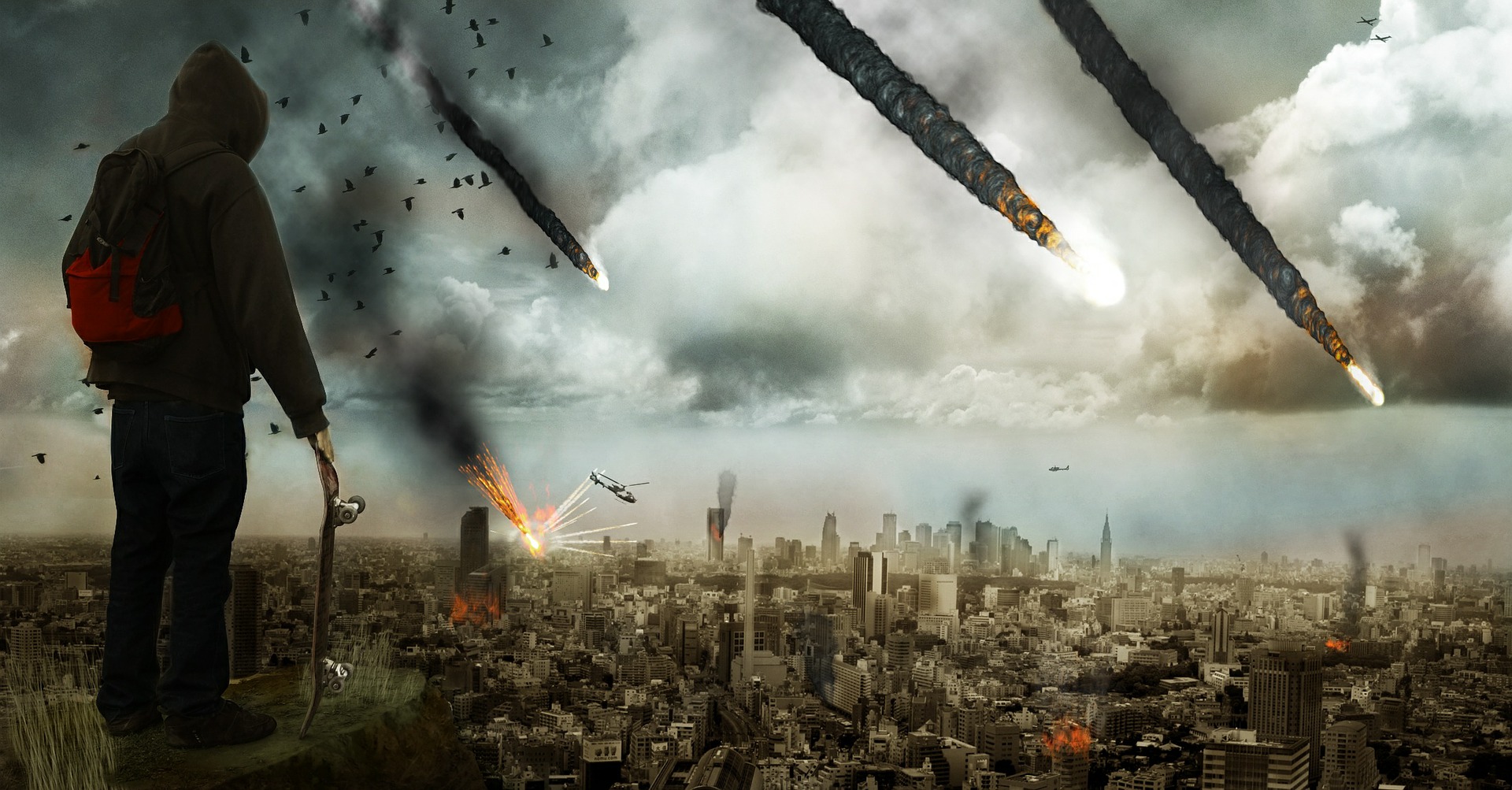
With regard to speaking French; if you’re traveling to Quebec, outside of Montreal, the vast majority of people you’ll run into will be Francophones and you’ll do well to speak French (though you’ll get away with it if you don’t). Aside from the northeastern 1/2 of New Brunswick, it’s basically all English elsewhere.
And, with regard to derek’s comment, Quebec is one place where being an American is a big advantage in Quebec if you don’t speak French. You’ll find Quebeckers to be far more helpful to you (and forgiving) once they find out you’re not Canadian. I’ve been to Canada literally hundreds of times and have never experienced any anti-American nastiness. Canadians tend to be very polite and courteous. That said, bring your wallet – it is expensive because of the added taxes to everything. Still, not so bad if the exchange rate is good. That varies.
Thanks for reading, and thanks for the tips!
Tips
Don’t go if you ever had a DUI
Brings lots of money. Canada is expensive
Don’t think Canadians love Americans. One third hate America. The news media hates America.
Don’t bring guns. Canada asks sometimes
Interesting viewpoint! Thanks for reading!